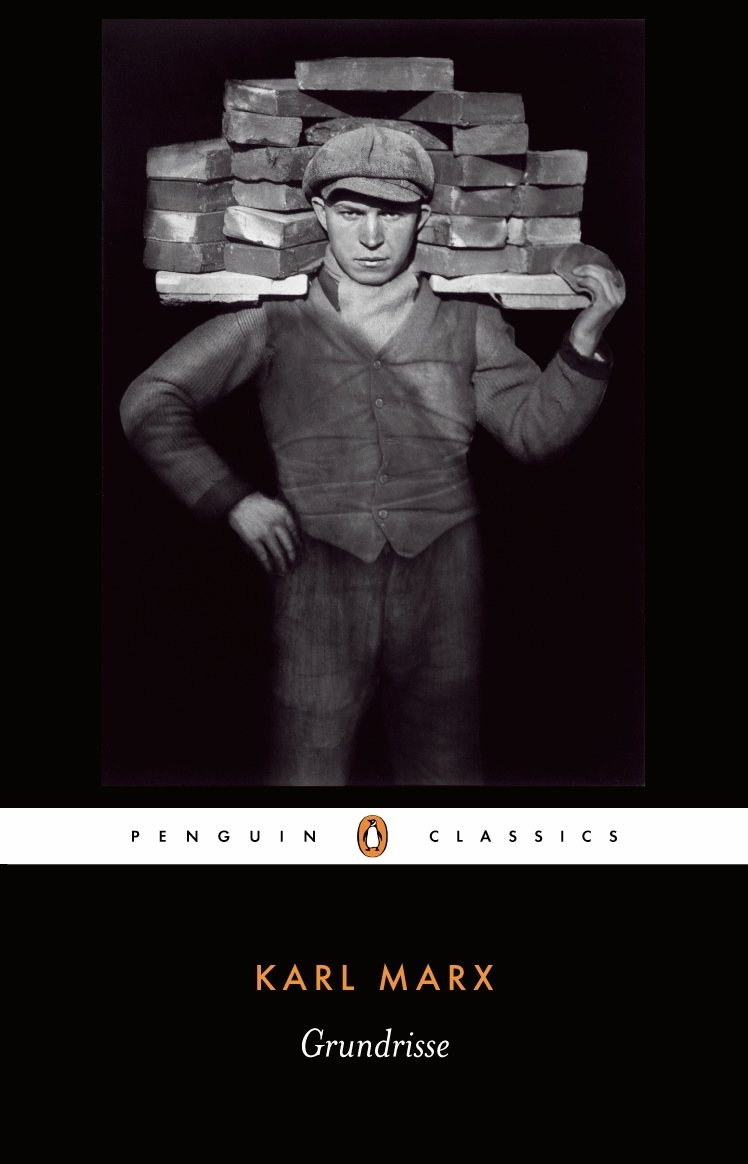You can get all these delivered right to your inbox. Comment, share and sign up today!
From here on out, I will be doing only two book recommendations instead of three. I want to focus on more comprehensive book reviews and other material. I also would like to incorporate some kind of weekly posts about economic statistics. Not sure how that will fit in. It's all a work in progress and a side project for me. If you like this and want to read more you can access my last recommendation post here
1.) Grundrisse by Karl Marx (1858)

This is a foundational Marxist text. It lays the groundwork for his politico-economic and communist theory. For any beginner Marxist, I would recommend reading this before Das Kapital. It comes together as a collection of seven notebooks on capital and money. It explores the themes from his Communist Manifesto (1848) and develops the arguments for a communist society, free of the tentacles of capitalism. This is also the first work where Marx explores and presents his own version of Hegel’s dialectics. As one reads further into this book, they will see Marx’s philosophy for what it is and his internal way of dealing with political forces that support capitalism. It was written long enough after the Revolutions of 1848, so that his earlier opinions about capitalist exploitation have evolved into a more coherent argument against state power that uses capitalism to reinforce European peasantry. Definitely a must read for any political science or economics major.
2.) The Ghost Map by Stephen Johnson (2006)

This book isn’t for those with queasy stomachs. Steven Johnson, a distinguished journalist and writer at NYU’s Department of Journalism, recounts the cholera epidemic in 1850s London and how it changed science and the modern world as we know it. It’s a fascinating account of anti-intellectualism, anti-science, political partisanship and rampant poverty and filth. It also gives a hero story appeal as a maverick scientist bursts onto the scene and finds what the source of the epidemic actually is. He flaunts his brilliance in the face of those who don’t care about science and who were ignorant of these facts. Miasma theory was common back then as most people believed invisible illnesses like the Black Death or cholera, spread through the air. Themes of poverty, developing science, history and politics are all touched on and that’s why I enjoyed this book. Johnson intertwines ignorance from religious figures and local politicians with the development of modern London in the face of this ignorance. I was reminded of this book once the COVID-19 pandemic started and how local populations react to events that they have no clear solutions for. This infuriates people and the cholera 1854 cholera epidemic in London, certainly drove Londoners mad.



